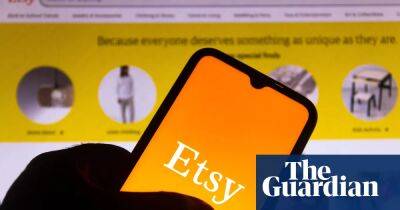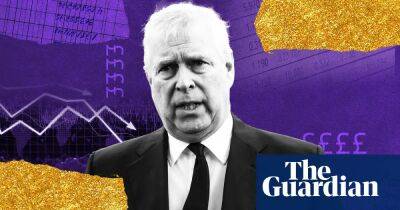‘It can be incredibly profitable’: the secret world of fake online reviews
“A ndrew” wishes he felt more guilty about writing fake reviews of Amazon products, but says if someone orders something they don’t like then they can always get it refunded. The thirtysomething computer analyst from Oklahoma is off work while he recovers from back surgery and fires off five-star ratings as he awaits appointments.
It all began with an online search for a product testing job, which led to Facebook groups, often called “Amazon reviews” or similar. There, faceless vendors or ones with stock photo avatars offered him an array of products, from headphones to cameras, promising a full refund if he bought them and left a positive review.
The job is simple and low-risk, says Andrew – a pseudonym he chose to protect his anonymity – because even if the vendor does not refund him he can always return the product and get his money back through Amazon Prime. He has built up 40 reviews through sporadic work over the past six years, making him just a small player in a huge international ecosystem of inflated scores.
On Friday, the UK consumer group Which? highlighted the scale of the problem, with research showing how groups offering fake reviews on the likes of Amazon, Google and Trustpilot continue to thrive on Facebook. That echoes the Guardian’s analysis of pages on the social media site apparently offering free products for positive feedback. It found 34 related to Amazon, with 56,000 members in total, and 17 groups offering fake reviews for Trustpilot, Google or both, with about 20,000 members.
In posts on Facebook, businesses are told they can buy in bulk, with 100 reviews for $180 (£144), or place smaller orders, with one review costing $2.
One broker’s advert suggests that for every one-star review a product gets,
Read more on theguardian.com


















